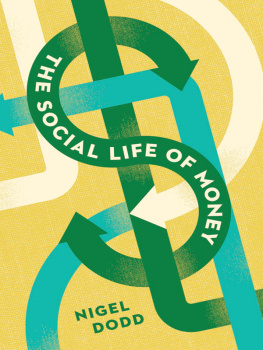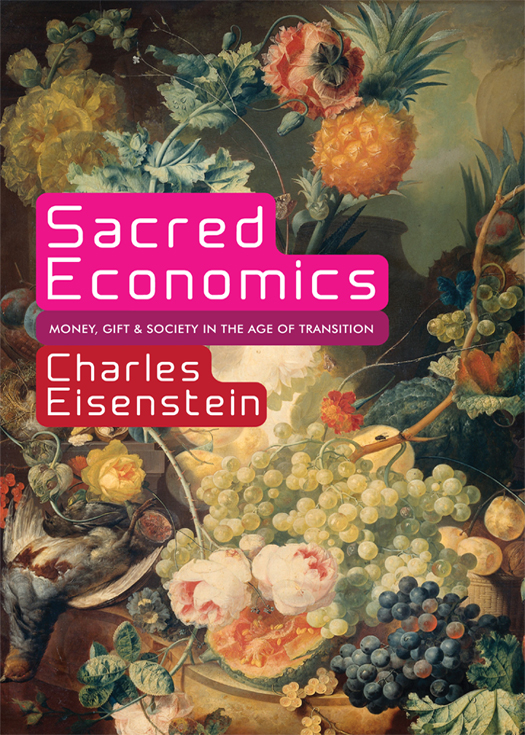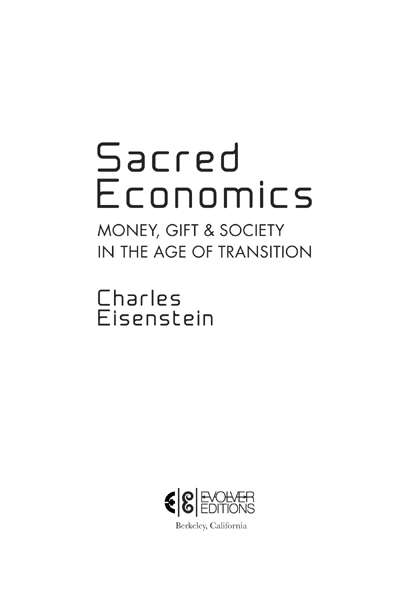Advance praise for Sacred Economics:
If you want a convincing account of just how deep the shift in our new axial age is and must be, look no further than this brilliant book by Charles Eisenstein, one of the deepest integrative thinkers active today.
Michel Bauwens, founder of the P2P Foundation
With his breadth of knowledge, enthusiasm, commitment, diligence, and sensitivity, Eisenstein has become a beacon of hope for others. Your heart and mind will be opened by this treasure of a book that shines with wisdom of crucial importance to our troubled world today.
Kamran Mofid, PhD in economics; founder of the Globalisation
for the Common Good Initiative
Praise forThe Ascent of Humanity:
This is an extraordinary book. Eisenstein has put his finger on the core problem facing humanitynamely: separation. All the crises that humanity now faces are grounded in the belief that we are separateseparate from each other, separate from the biosphere that sustains us, separate from the universe that has brought us forth. This is a tour-de-force filled with astounding insight, wit, wisdom, and heart.
Christopher Uhl, author of Developing Ecological Consciousness:
Paths to a Sustainable Future
Quite marvelous, a hugely important work This book is truly needed in this time of deepening crisis.
John Zerzan, author of Future Primitive and Elements of Refusal
A radical awakening as to how we arrived at our current crisis and how we can more effectively redefine the path of our evolutionary journey.
Bruce Lipton, author of The Biology of Belief
Brilliant and original, with great depth of insight and understanding, Eisensteins Ascent of Humanity easily ranks with the works of such giants of our age as David Bohm, Julian Jaynes, Jean Gebser, and Alfred North Whitehead. It is a profoundly serious, indeed somber portrait of our times, even as it opens a door of honest hope amidst the dark destiny we have woven about us. Accept the challenge of this major accomplishment and discover the light shining within it.
Joseph Chilton Pearce, author of The Crack in the Cosmic Egg,
Magical Child, Evolutions End, and The Biology of Transcendence
This is one of those rare books that moves the goal posts. Eisenstein pulls together a wide array of insights to show that what we thought was the solution is also the problem. It is eye-opening fodder for conversations with everyone I meet. As a technologist and a human being, I believe this could well be one of the most important books of the decade.
Garret Moddel, professor of electrical engineering at UC Boulder;
chairman & CTO, Phiar Corporation
Copyright by Charles Eisenstein, 2011. Some rights reserved. [license_3.0] This work is licensed under a Creative Commons Attribution-NonCommercial-NoDerivs 3.0 Unported License. For more information, please visit http://creativecommons.org/licenses/by-nc-nd/3.0.

Published by Evolver Editions
Evolver Editions publications are distributed by
North Atlantic Books
P.O. Box 12327
Berkeley, California 94712
Cover art, Still Life with Flowers, Fruits, and Poultry
by Jan Van Os (courtesy of Rijksmuseum, Amsterdam).
Art direction and cover design by michaelrobinsonnyc.com
Sacred Economics: Money, Gift, and Society in the Age of Transition is sponsored by the Society for the Study of Native Arts and Sciences, a nonprofit educational corporation whose goals are to develop an educational and cross-cultural perspective linking various scientific, social, and artistic fields; to nurture a holistic view of arts, sciences, humanities, and healing; and to publish and distribute literature on the relationship of mind, body, and nature.
North Atlantic Books publications are available through most bookstores. For further information, call 800-733-3000 or visit our website at www.northatlanticbooks.com.
Library of Congress Cataloging-in-Publication Data
Eisenstein, Charles, 1967
Sacred economics: money, gift, and society in the age of transition
/ Charles Eisenstein.
p. cm.
eISBN: 978-1-58394-398-4
1. MoneyHistory. 2. MoneyPhilosophy. I. Title.
HG231.E37 2011
332.49dc22
2011010766
v3.1
To my parents
and all others who have given me so much
with no thought of return

AUTHORS NOTE
I offer this book to you in the spirit of a gift, in keeping with its theme of bringing gift principles into the realm of money. In order to align principles with action, the publisher and I have chosen a Creative Commons copyright, which allows you to freely share this book for any non-commercial purpose. That means you can photocopy material from the book, put it on your blog, and so forth, as long as you dont sell it or use it to carry advertising. We also ask that you provide attribution, in order that people who want to find more of my work can do so. You can find other legal details on the Creative Commons website.
One characteristic of gifts is that the return gift is not specified in advance. If you receive or disseminate this work free of charge, we welcome a voluntary return gift that expresses the gratitude or sense of value that you may feel. You may do so through the websites associated with the author and the book.
Ultimately, I see myself as a steward and channel for the ideas of Sacred Economics. Standing atop the shoulders of thinkers far more illustrious than myself, I absorb, digest, and transmit ideas from our cultural commons. Such is the gift I have received and from which I give in turn. That is why I cannot, in good conscience, consider myself the morally legitimate owner of these ideas. Thankfully, my publisher has had the courage to explore a new model of handling intellectual property. I look forward to the day when artists no longer need to maintain, through intellectual property laws, an artificial scarcity of their work, yet still receive abundant returns borne of the gratitude of those who receive it.
TABLE OF CONTENTS
INTRODUCTION
The purpose of this book is to make money and human economy as sacred as everything else in the universe.
Today we associate money with the profane, and for good reason. If anything is sacred in this world, it is surely not money. Money seems to be the enemy of our better instincts, as is clear every time the thought I cant afford to blocks an impulse toward kindness or generosity. Money seems to be the enemy of beauty, as the disparaging term a sellout demonstrates. Money seems to be the enemy of every worthy social and political reform, as corporate power steers legislation toward the aggrandizement of its own profits. Money seems to be destroying the earth, as we pillage the oceans, the forests, the soil, and every species to feed a greed that knows no end.
From at least the time that Jesus threw the money changers from the temple, we have sensed that there is something unholy about money. When politicians seek money instead of the public good, we call them corrupt. Adjectives like dirty and filthy naturally describe money. Monks are supposed to have little to do with it: You cannot serve God and Mammon.


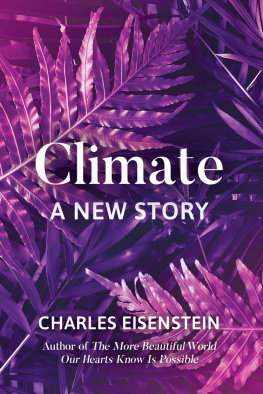

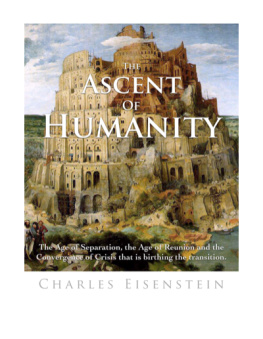
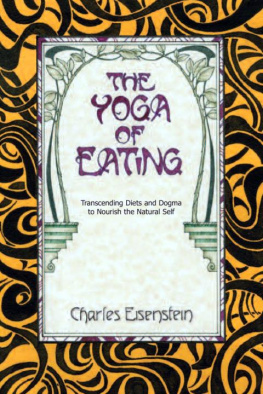
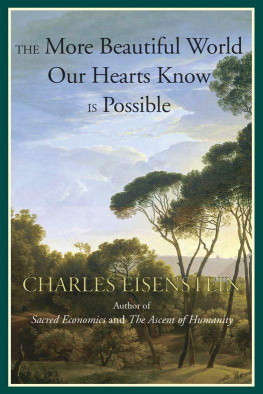
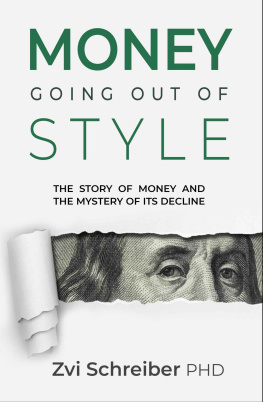
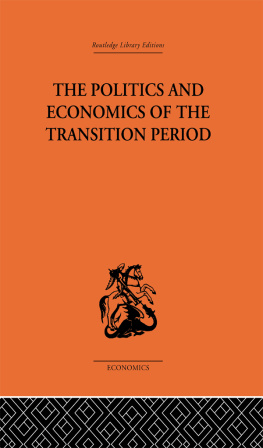
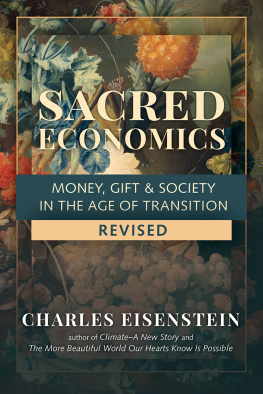
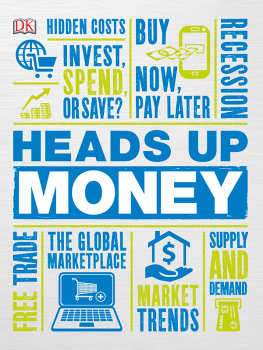
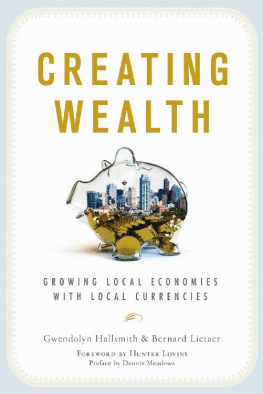
![David Orrell [David Orrell] - Quantum Economics](/uploads/posts/book/114631/thumbs/david-orrell-david-orrell-quantum-economics.jpg)
